Please enjoy this very special guest post from fellow adventurer Mark Peart!
Philosophy and walking – not much in common, one might think? I wouldn’t have thought so either, until recently, that is. I had retrieved a book from my personal library – a surprise best-seller by the French academic and author Frederic Gros called A Philosophy of Walking – and begun reading it again. The timing felt right because, along with 27 other hardy and motivated souls, I was about to embark on the annual Wellness Walkers Trust expedition (touched on previously in this blog) in Queenstown.
Gros’ book was a departure from his previous treatises on subjects such as psychiatry and law. Yet it got me – and many others – hooked.
Christopher Caldwell of the Financial Times opined thus: “Resolving to take more walks in the New Year might sound like promising to take more naps – choosing idleness over work. But a lot of clever people don’t see it that way… Frederic Gros asks why so many of our productive writers and philosophers – Rousseau, Kant, Rimbaud, Robert Louis Stevenson, Nietzsche, (and) Jack Kerouac – have also been indefatigable walkers.”
Indeed, he did. It was news to me that so many of these famous folk were ardent walkers, but then philosophy in and of itself has always been a little on the arcane side for your simple-brained correspondent.
Yet, as I set out purposefully and keenly within my group up the Rees Valley a few weeks back, Gros’ deft linkages between philosophy and walking burned bright within my brain. I clutched my copy of his book like a child clutches a blanket, uttering salient passages of words and themes flying crisply off the page to those who would listen – and many who wouldn’t.
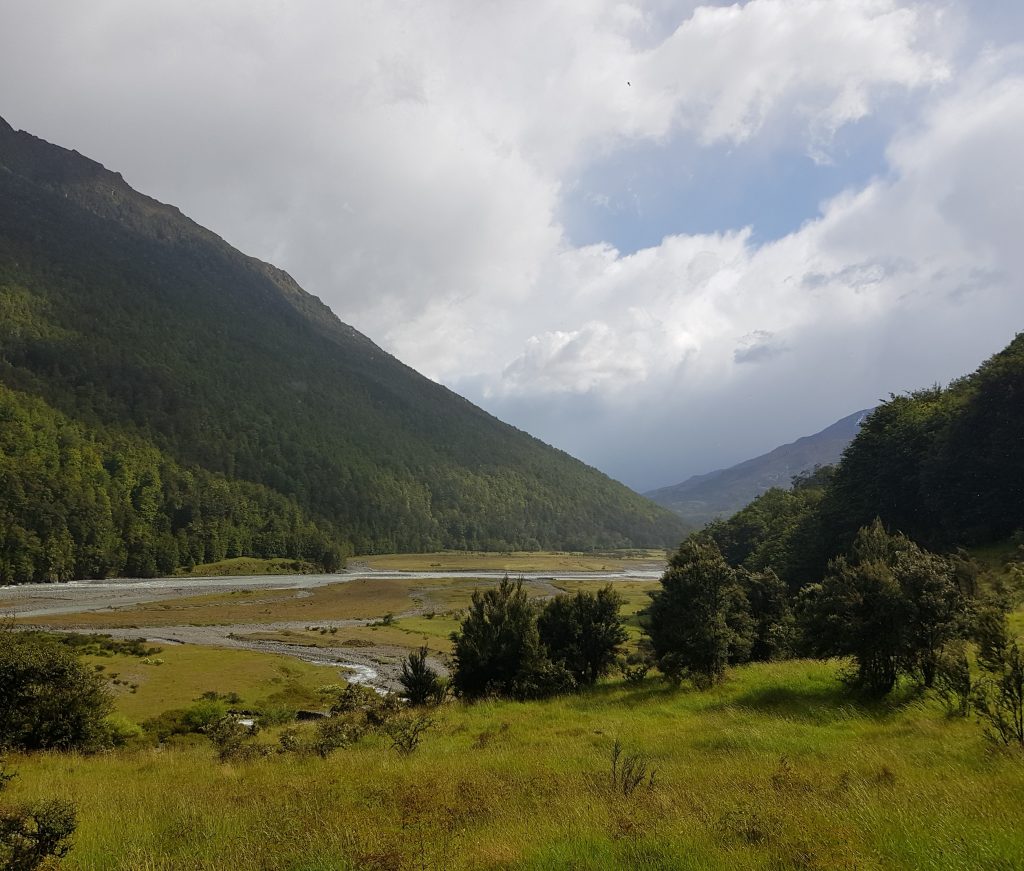
My excitement stemmed from the fact that Gros had plugged into my own mindset about the wondrousness of rambling in nature, the breathtaking enormity of our surroundings, the notion that in New Zealand you can easily lose yourself in a valley or a beech forest barely an hour’s drive away from “civilisation.”
The rain, and the cold, and the mist, and your screaming glutes don’t detract from the experience – they enhance it and embolden you. So too, the privilege of walking with people you may not know from Adam or Eve – a strong, unspoken, and unassailable bond – watching one another’s back in case of a sudden, adverse change of weather, someone struggling with tiredness or injury, and perhaps even some emotional distress. Mother Nature has this tendency – and I speak from experience here – of facilitating the crystallisation of one’s thoughts in a wide, open, awesome space, and opening up one’s raw emotions – the sort of realisation you might have whilst showering, but much more powerful and visceral.
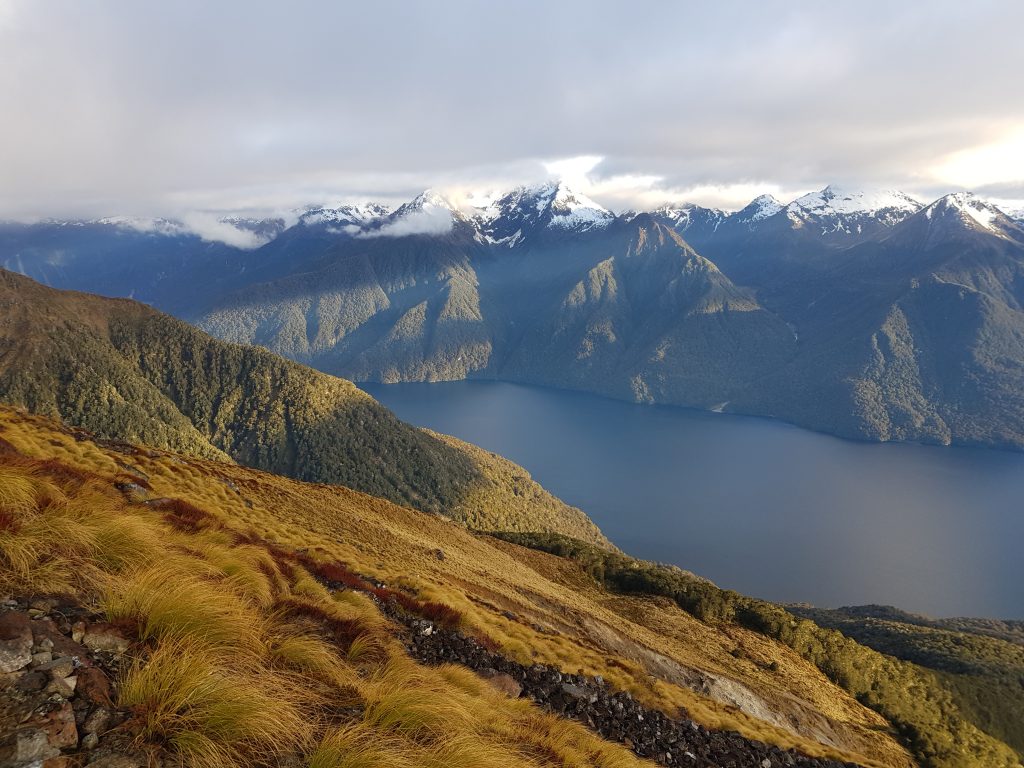
Gros writes of the “suspensive freedom” that comes from walking, even a simple short stroll: throwing off the business of cares, forgetting business for a time. Only walking, he says, manages to free us from our illusions about the essential.
“As such, it is still ruled by powerful necessities. To complete a given stage, you have to walk so many hours, meaning so many paces, scope for improvisation is limited, you aren’t walking down garden paths and you have to turn the right way at junctions, or you’ll regret it. When fog shrouds the mountains or rain starts to fall in sheets, you have to continue, to keep going. Food and water are subject to detailed advance planning, depending on routes and sources. And I am not talking about discomfort, although the real miracle is that one is happy not despite that, but because of it.
“What I mean is that not having an infinite choice of food or drink, being subject to the inevitability of weather in all its moods, and relying only on one’s steady pace – all this quickly makes the profusion of what is available (merchandise, transport, networking), the easy access to facilities (to communicate, to buy, to move about), seem like dependencies.
“Freedom then is a mouthful of bread, a draught of cool water, and the open country. That said, rejoicing in that suspensive freedom, happy to set off, one is also happy to return. It’s a blessing in parentheses, freedom in an escapade lasting a couple of days or less.”
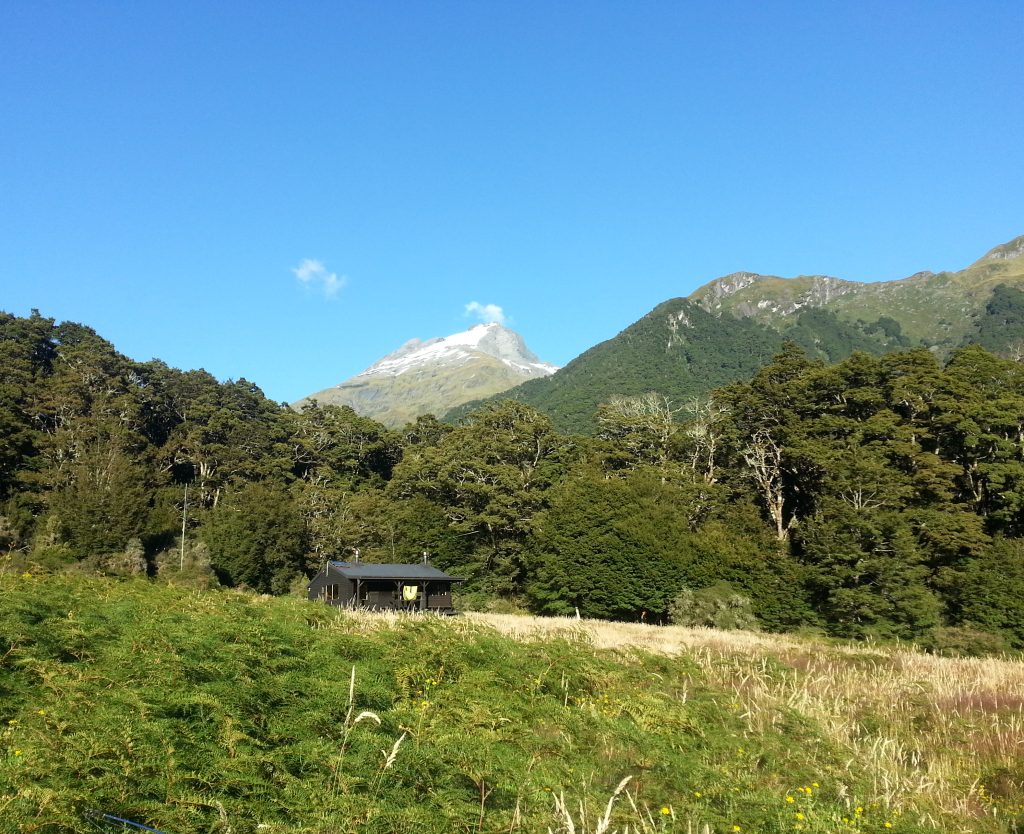
Gros plugs into a theme which I very much embrace and identify with: by walking, you are not going to “meet yourself.” By walking, you escape from the very idea of identity, the temptation to be someone, to have a name and a history.
I love that notion, that in the Great Beyond, I can lose any preoccupation about who I am, what I should be. I felt that keenly in the Rees Valley, that my sense of self was immaterial, that all that really mattered was my synchronicity with the awesome power and beauty of nature, and how inconsequential I was (but not in a bad way).
Gros again: “Being someone is all very well for smart parties (which I eschew these days anyway) where everyone is telling their story, it’s all very for psychologists’ consulting rooms. But isn’t being someone also a social obligation which trails in its wake – for one has to be faithful to the self-portrait – a stupid and burdensome fiction? The freedom in walking lies in not being anyone; for the walking body has no history, it is just an eddy in the stream of immemorial life.”
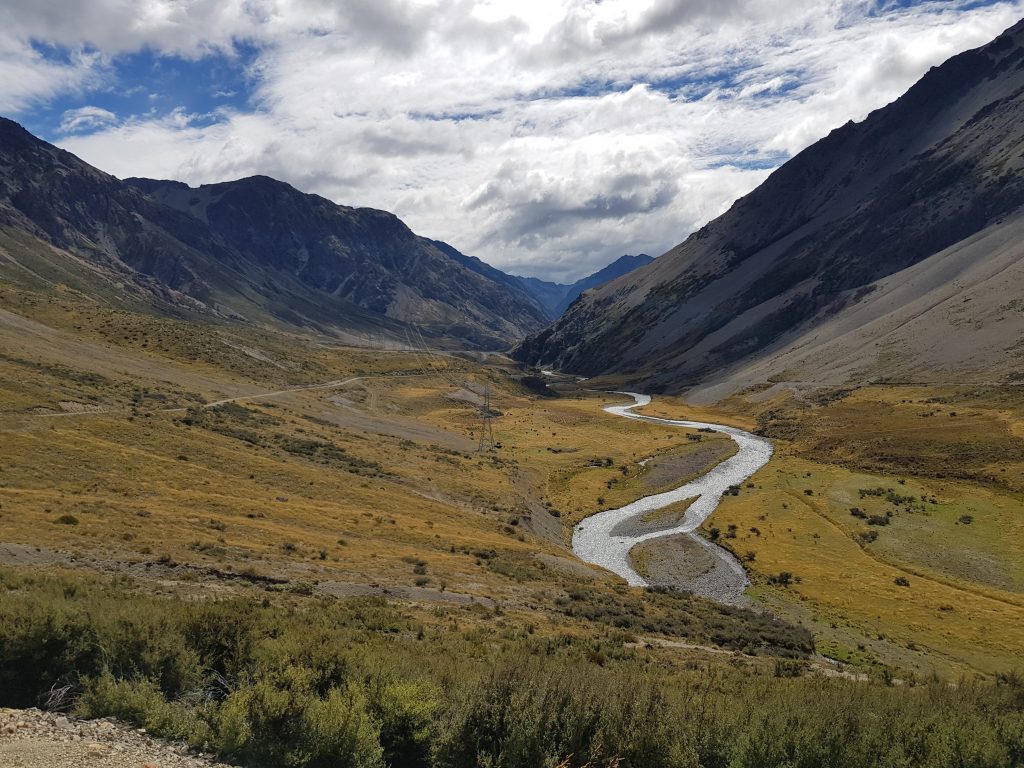
‘’During long cross-country wanders you do glimpse that freedom of pure renunciation. When you walk for a long time, there comes a moment when you no longer know how many hours have passed, or how many more will be needed to get there; you feel on your shoulders the weight of the bare necessities, you tell yourself that’s quite enough – that really nothing more is needed to keep body and soul together – and you feel you could carry on like this for centuries. You can hardly remember where you are going or why; that is as meaningless as your history, or what the time is. And you feel free, because whenever you remember the former signs of your commitments in hell – name, age, profession, CV – it all seems absolutely derisory, minuscule, insubstantial.”
He’s right – and lately, I’ve known of no better feeling.
Gros’ writings forge something of a connection for me to one of my other favourite books – Paulo Coelho’s The Alchemist – the story of an Andalusian shepherd boy named Santiago, who sets out resolutely from southern Spain on a journey, after he has a dream, which he interprets to mean that great treasures await him at the Pyramids in Egypt.
Coelho’s writing style is known for its strong philosophical elements, and people who enjoy the story tend to be drawn to it for those reasons, or the travelling aspects of the book.
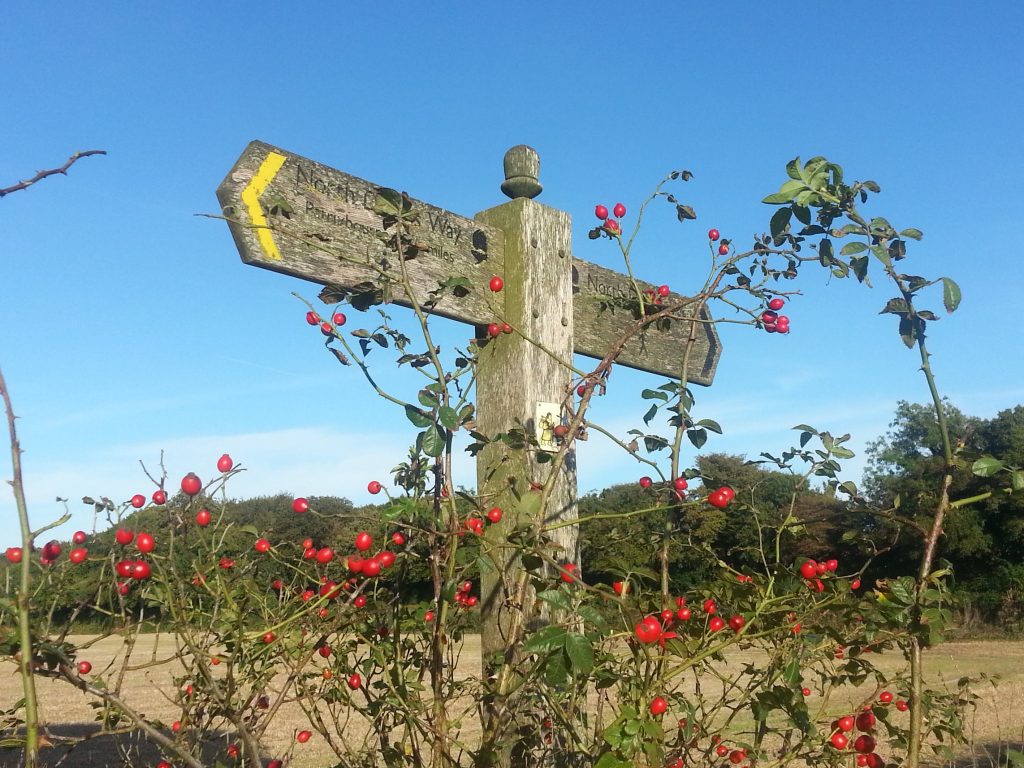
Interestingly, in a book similar to The Alchemist, Coelho wrote of his own walk across the Camino de Santiago in Spain as part of an initiation rite into a Catholic sect. Like many books that are written about long walks, The Pilgrimage is a mix of the travel aspects, and the physical and mental challenges that come with it, along with the voyage of self-discovery you embark on when you undertake such a challenge.
So, next time you’re happily trudging along a mountain track, or you’re in the bush, or beside the ocean, perhaps consider the multiple dimensions to walking, whether physical, spiritual, or philosophical. There’ll probably be no better time, place, and space to do so!
Mark Peart was a daily newspaper journalist from 1981 to 2000 and an award-winning, Dunedin-based freelance writer, contributing to regional, national, and international publications (print and online). As a freelancer from 2001-2010, he travelled on assignment to Australia, Switzerland, Japan, and China (twice). He is a former team leader-communications at the Otago Regional Council, where he worked for eight years.
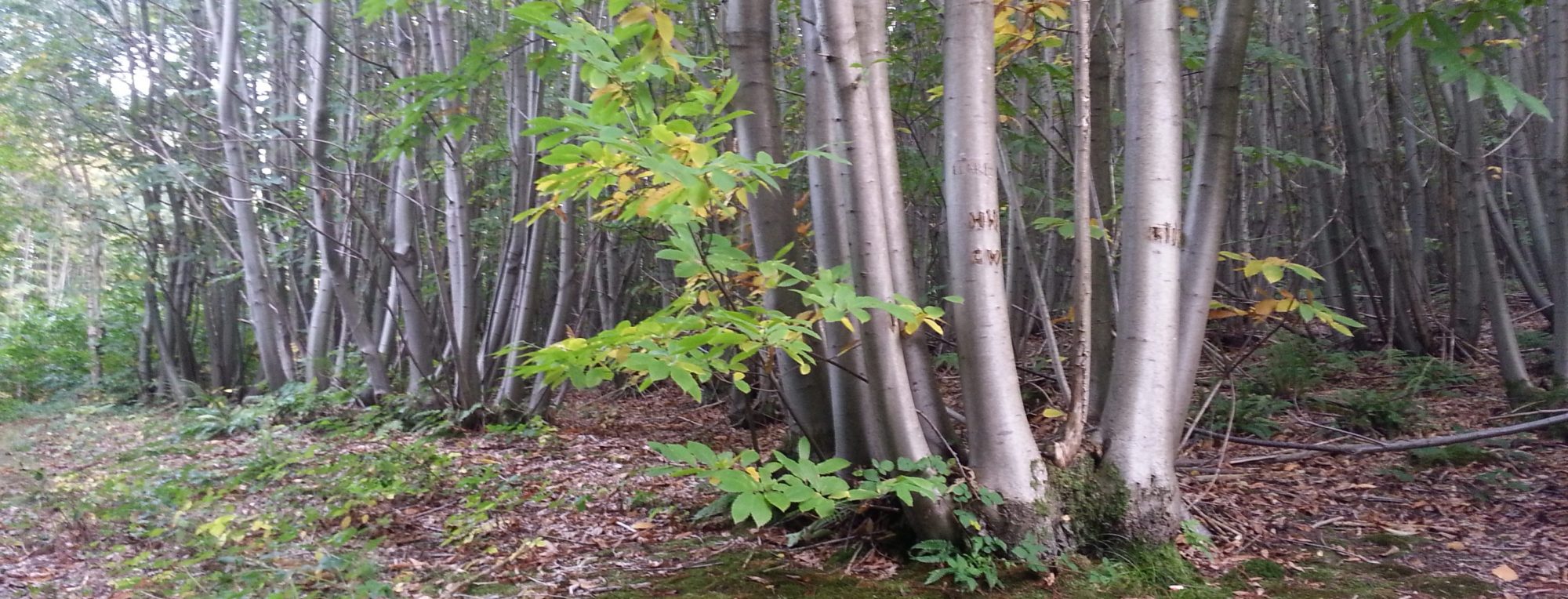

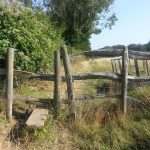
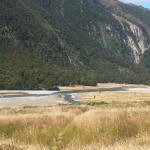
A good read Mark, well done.
This is an amazing place. So wide and out of civilization! I hope I can visit one of this places someday.
really cool